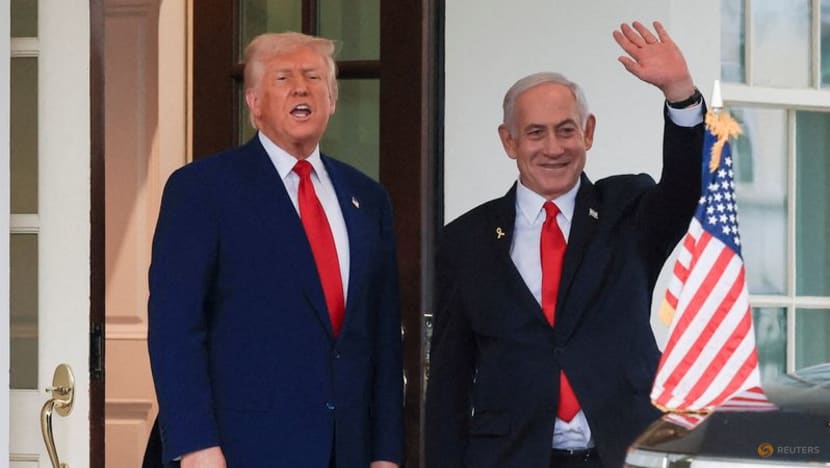Trump’s Tariff Policy Bullies the Weak, Fears the Strong and Applies Double Standards
China controls over 90% of the global market for refined rare earths. Other countries have struggled to produce them for two main reasons: First, China has invested in talent and technology for years, developing innovative refining processes that others can’t match; second, rare earth production causes significant pollution, so China has chosen to locate these facilities in remote, unpopulated regions, such as the northwest and Inner Mongolia.
Rare earths are critically important and align with Donald Trump's goal of bringing manufacturing back to the United States. But does Trump dare to demand that China open up more exports?
Both rare earths and semiconductors were once produced in the U.S., but because of the low added value, tough manufacturing conditions and high environmental impact, the U.S. chose to outsource production to other countries.
Semiconductors went from the U.S. to Japan, then to Taiwan. Taiwan Semiconductor Manufacturing Company has since achieved unmatched technological leadership, now producing over 90% of the world’s most advanced chips. Trump’s claim, “Taiwan stole our chip business,” is simply unfair. The same logic applies to rare earths. The U.S. didn’t want to do the dirty work, so China did. Over time, China innovated and advanced, and now the U.S. is in urgent need of refined rare earths. It wants China to supply them but fears being cut off, so it agreed to allow NVIDIA’s H20 chips to be exported to China. Trump doesn’t dare say, “China stole our rare earths” because that would be bullying the strong while fearing the weak.
The U.S. is worried that a shortage of refined rare earth imports could halt its tech and defense industries, so it is doing everything it can to persuade China to increase exports. The U.S. once said that Xinjiang cotton is "blood cotton" made in labor camps, and that they wouldn't use it. But rare earth production conditions are even worse than those in Xinjiang. Would the U.S. ever say, “Rare earths come from heavily polluted factories; we won’t use them?" Of course not. That’s the American double standard.
The U.S. may impose heavy tariffs on Taiwan's semiconductor exports, but how high do they dare set the tariffs on rare earth imports? The whole world is watching.

